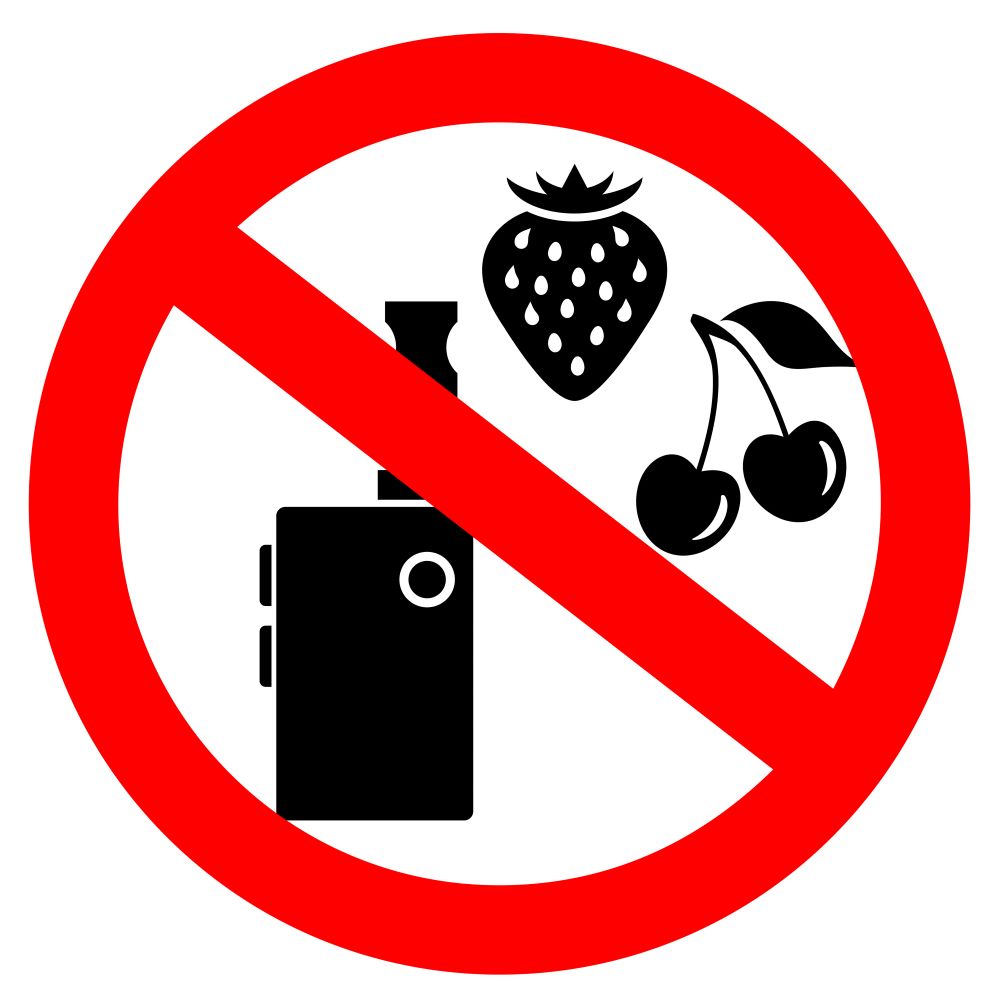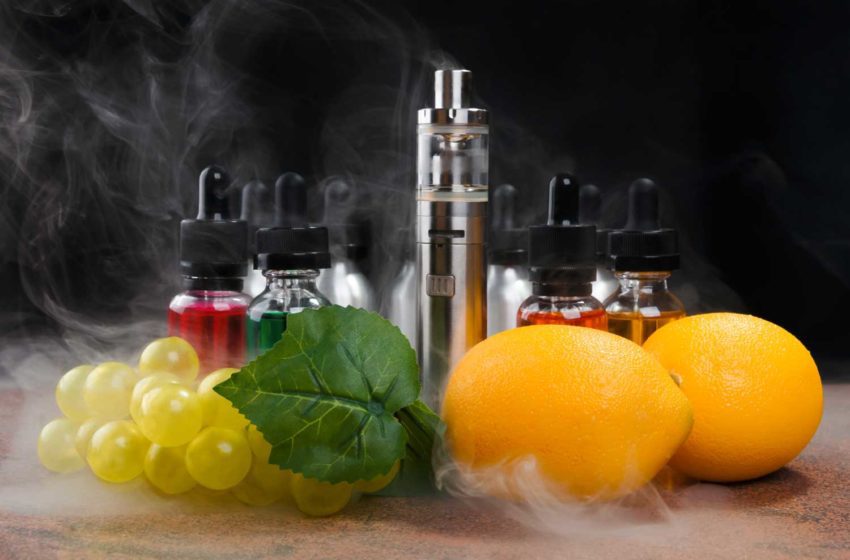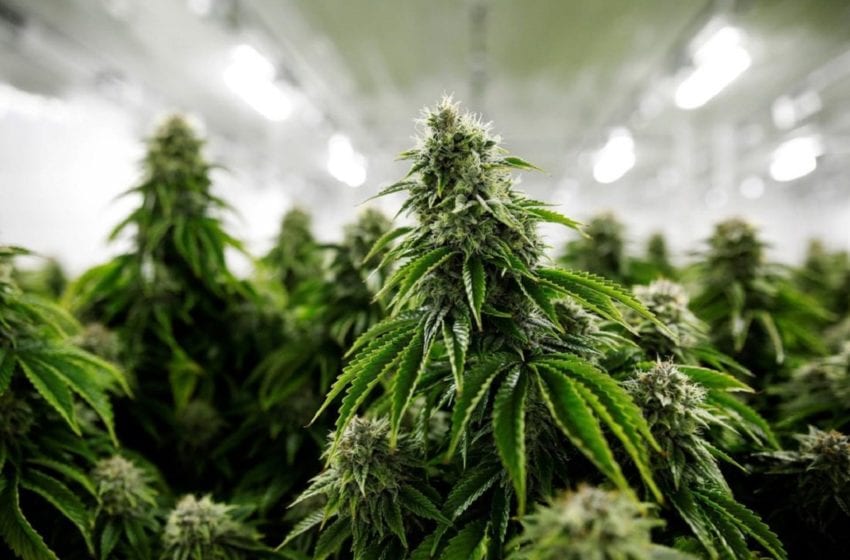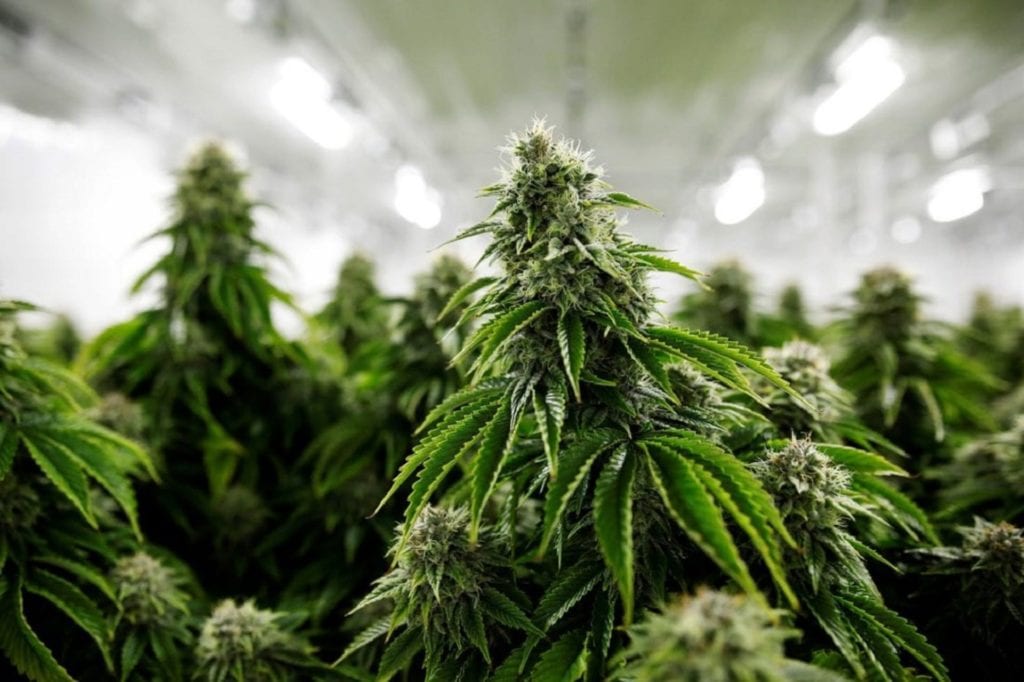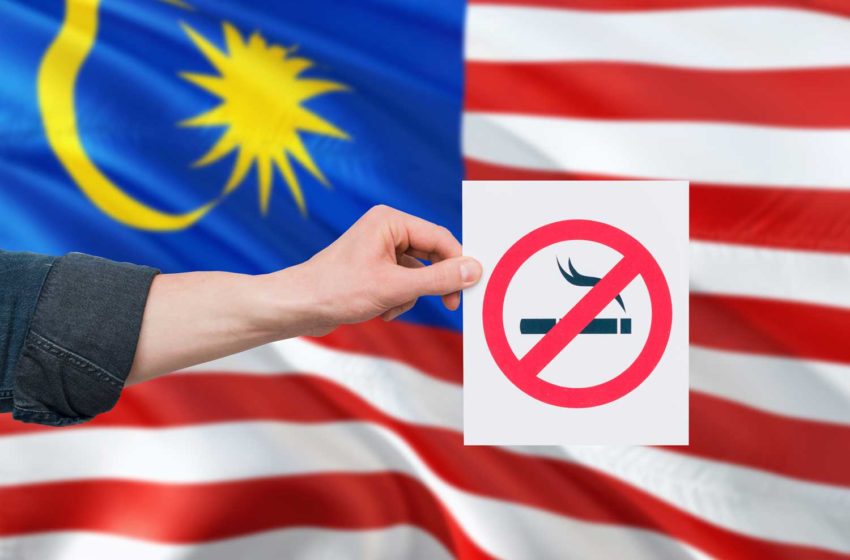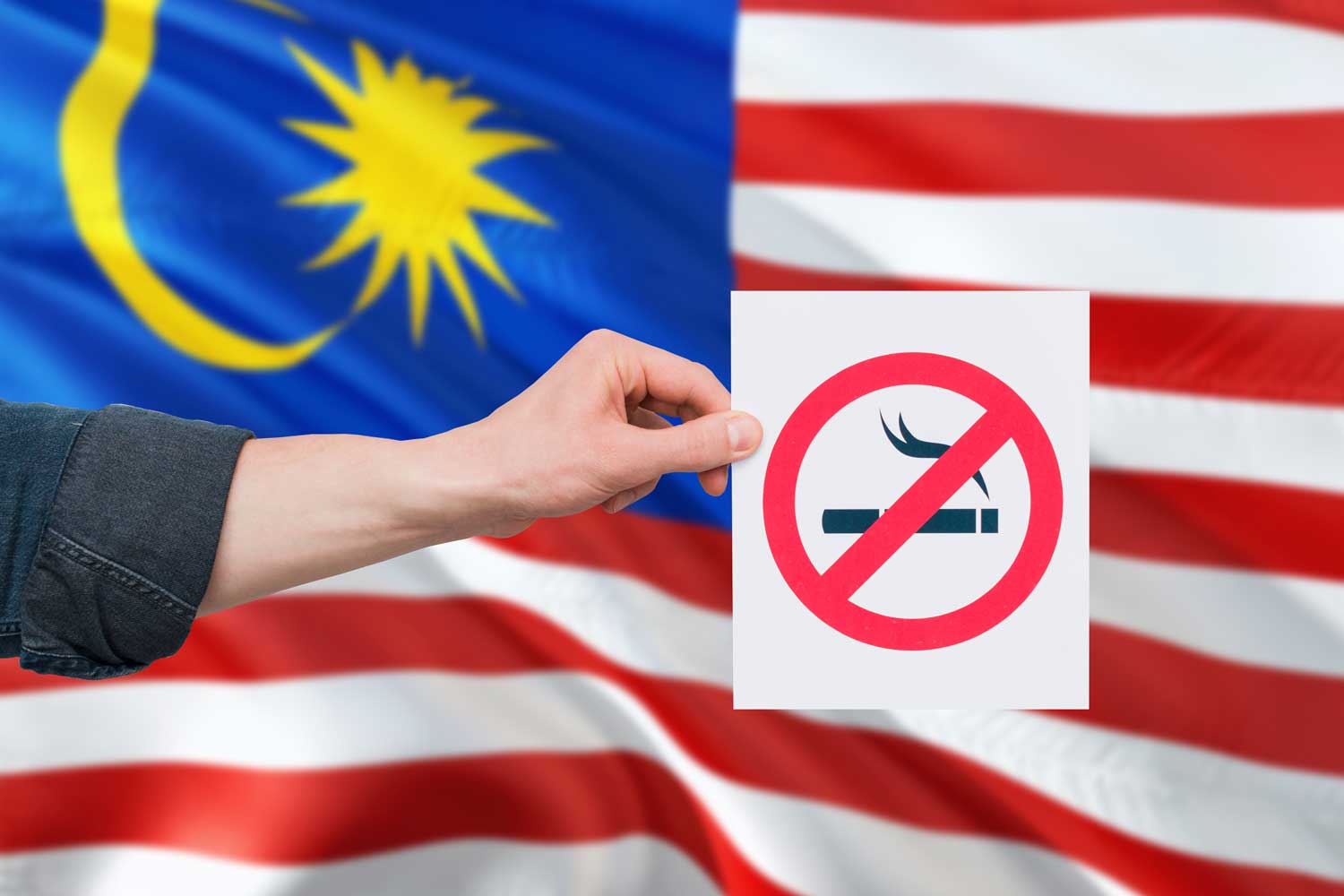BAT, via one of its wholly owned group companies, has acquired a noncontrolling minority stake in Sanity Group, one of Germany’s leading cannabis companies.
This investment is complementary to other recent investments made by BAT companies, most notably the strategic R&D collaboration established with Canada’s Organigram Holdings announced in March last year.
Sanity Group, which is based in Berlin, produces CBD consumer brands and medical cannabis brands. It also has a proven track record in the research, development and marketing of cannabis products.
“Investing in Sanity Group is another example of BAT’s ongoing work to explore numerous areas beyond nicotine, positioning BAT for future portfolio growth across a range of categories and geographies,” said Kingsley Wheaton, chief growth officer at BAT, in a statement.
“We continue to transform our business through better understanding of our current and future consumers as part of our ‘A Better Tomorrow’ purpose.”
Sanity secured $37.6 million in the BAT-led Series B funding round, according to Sanity founder and CEO Finn Age Hansel. About half of the funding will go toward strengthening Sanity’s medical business. The rest of the funding will go toward preparing for the possible legalization of recreational marijuana in Germany.
Germany has not legalized recreational cannabis yet, but action is expected sooner rather than later. Germany’s coalition government is “working actively on it and really want[s] to come to a good draft of the law by the end of this year,” Hansel said. “This is really a priority topic for the government.”
“This funding is an important milestone for us and a strong signal toward the future of cannabis in Germany and Europe,” said Max Narr, chief investment officer at Sanity Group. “Against the backdrop of a challenging global economy, we are proud to have achieved a funding round of this magnitude.”
